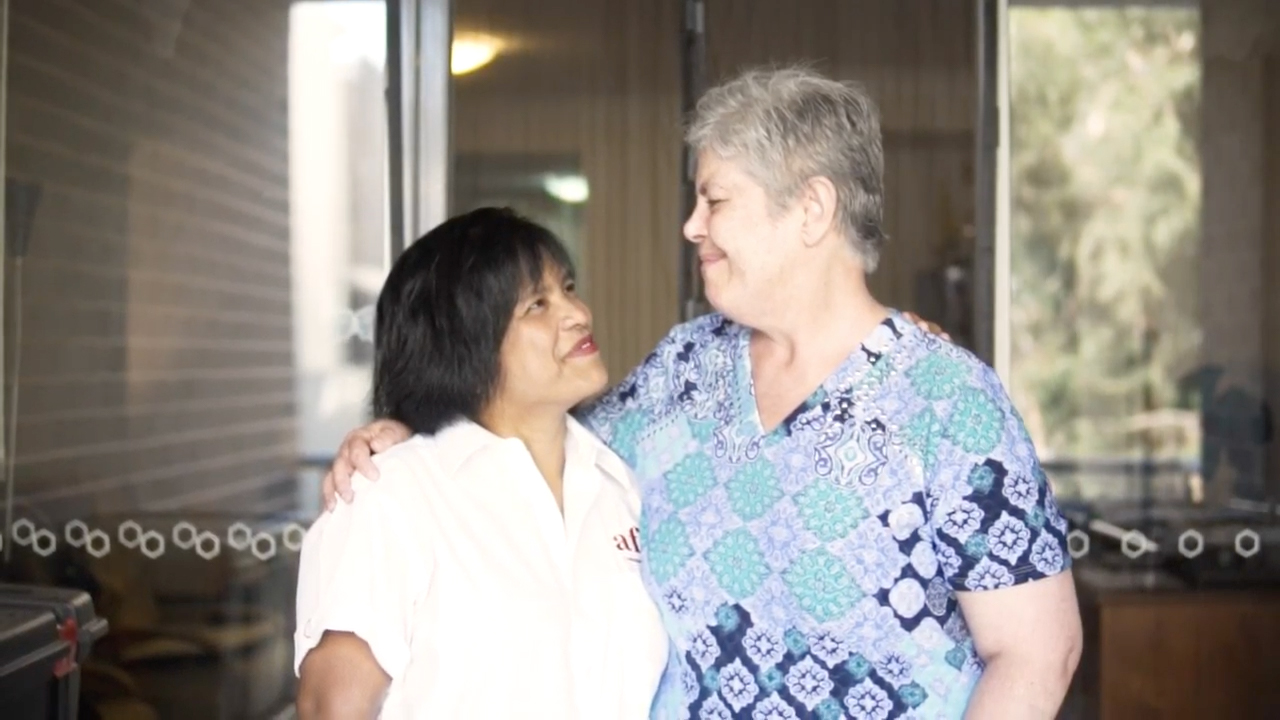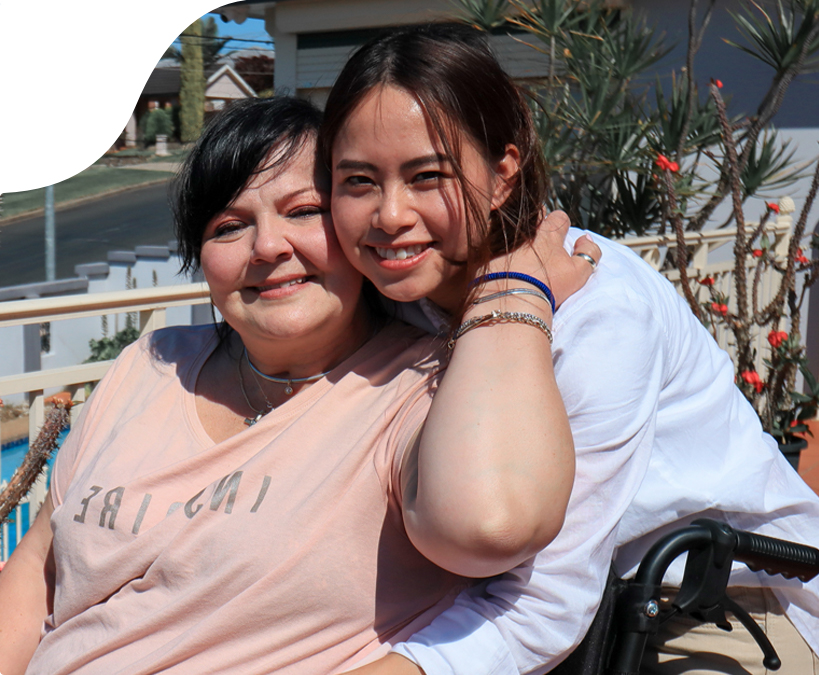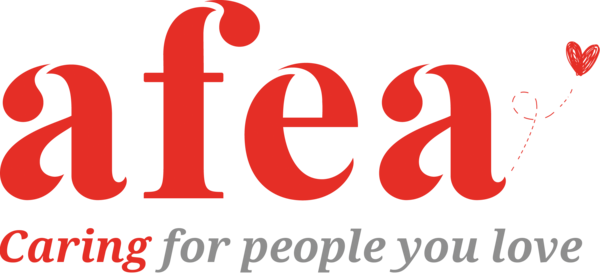National Disability Insurance Scheme
The National Disability Insurance Scheme (NDIS) provides people under the age of 65 who have a permanent and significant disability with funding for supports and services. The NDIS provides people with a disability with the help they need to live independently and achieve their goals.
The NDIS takes a lifetime approach, it not only provides immediate assistance to participants in order to lead an ordinary life from day-to-day, but it also funds supports to help build the skills necessary to live more independently in future.
Everybody has different needs and goals. The NDIS provides individual plans to each participant, and choice and control over which services they receive and from where. NDIS plans will be reviewed on a regular basis, typically every year, to assess whether goals are being achieved and needs are being met. This will determine the funding amounts for supports in the next plan.
Funding amounts are based on what’s ‘reasonable’ and ‘necessary’ for participants to achieve their goals. Whether they have help from friends, family and other government supports will also be taken into account. With that in mind, NDIS funding is broken up into separate budgets, and the approved amounts in each will differ from participant to participant.

Types of budgets in an NDIS plan:
Core Supports:
- Consumables – everyday items such as continence pads
- Daily activities – such as getting dressed and light housekeeping
- Social and community participation – engagement in social or recreational activities
- Transportation – lifts in the car and help on public transport
Capacity Building:
- Support Coordination – connection to services, building skills
- Improved living arrangements – help obtaining and retaining accommodation
- Social and community participation – develop skills to participate in social and recreational activities
- Employment – including assessments and counselling
- Improved Relationships – develop positive behaviours to interact with others
- Improved health and wellbeing – including exercise and diet advice
- Improved learning – including training, advice to move from school to further education
- Improved life choices – Plan Management to help manage plan and funding
- Improved daily living – assessment, training or therapies to help increase skills and community participation
Capital Support Budget
- Assistive technology – includes equipment for mobility, personal care and recreational inclusion
- Home modifications – to make your home safer
- SDA – Specialised Disability Accommodation

How do I get NDIS funding?
Click the link for information about how to apply for NDIS funding and to find out if you are eligible
Find out more


